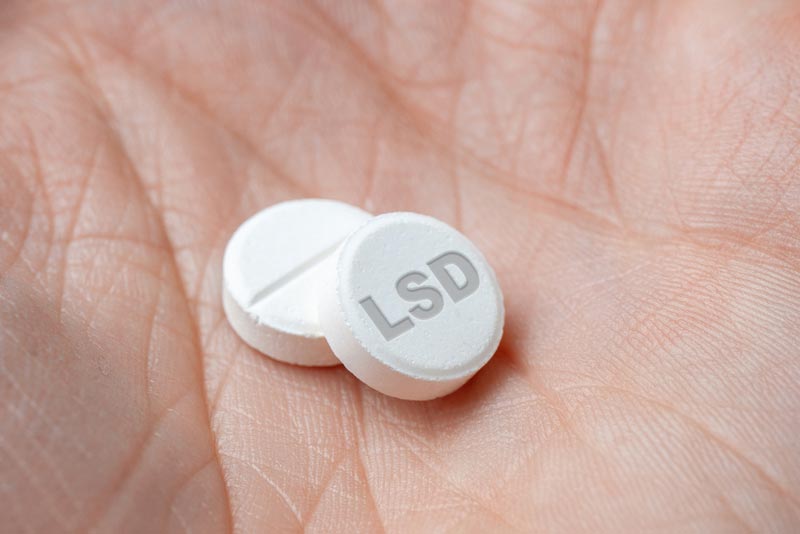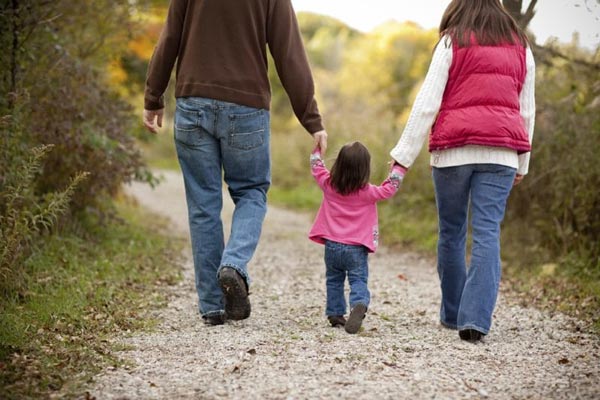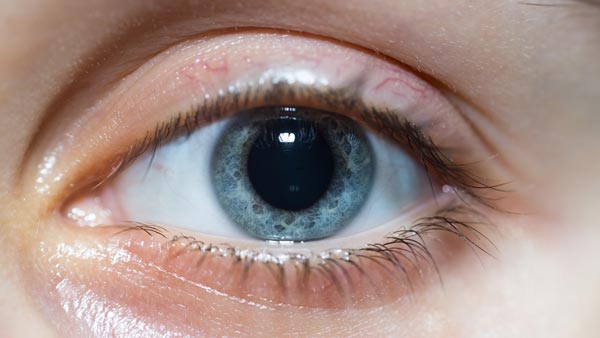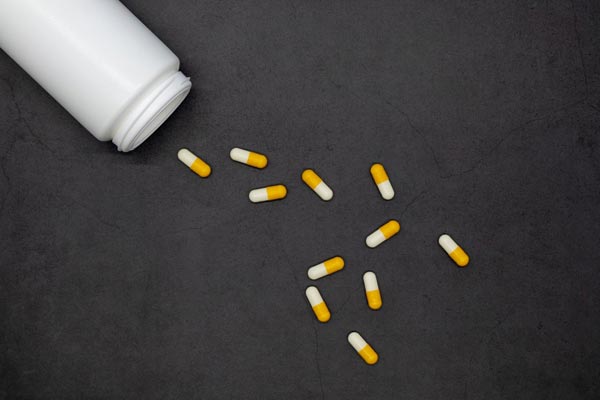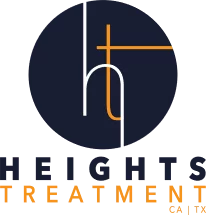Table of Contents
LSD, commonly known as acid, was one of the most popular party drugs in the 60s and 70s. However, it didn’t go away after it was made illegal and is still one of the most abused hallucinogens today.
There are a lot of rumors and misinformation about LSD, making it much harder for people to make informed decisions and stay safe.
So, let’s talk about LSD, how you can overdose on LSD, the signs and symptoms of LSD use, and more.
This article is designed to be a primer on LSD, but it’s also meant to be useful for anyone, whether you’re worried someone you love might be using LSD or are tempted to use yourself and want to find out more.
Our ultimate goal is to inform as many people as possible about the dangers of LSD. So let’s get started.
What Is LSD And What Does It Do?
LSD stands for lysergic acid diethylamide, but almost everyone either calls it LSD, Acid, or one of the other street names for the drug. Street names include:
- Mellow Yellow
- Windowpane
- Blotter
- Dots
- And more
LSD is derived from a fungus [1] and is an odorless white powder or a crystal in its pure form. However, most of the time, LSD is diluted when it’s being prepared for use because the pure form of the drug is incredibly strong, and it would be difficult to get a small enough dose.
Unlike other drugs, you typically don’t need a lot of equipment to take LSD. Often, the drug is applied to blotter paper or gelatin or put into tablets or sugar pills. The liquid drug can be taken by itself or added to sugar cubes.
So, if you’re looking for signs that someone might be using LSD, unflavored gelatin, blotter paper, or sugar cubes are probably more likely paraphernalia than pipes or syringes.
When people take LSD, they can get a wide range of symptoms, but most people experience a combination of a euphoric high along with hallucinations and sensory disturbances. An LSD high is generally called a trip or tripping to distinguish this hallucinogenic high from the high you get on non-hallucinogens.
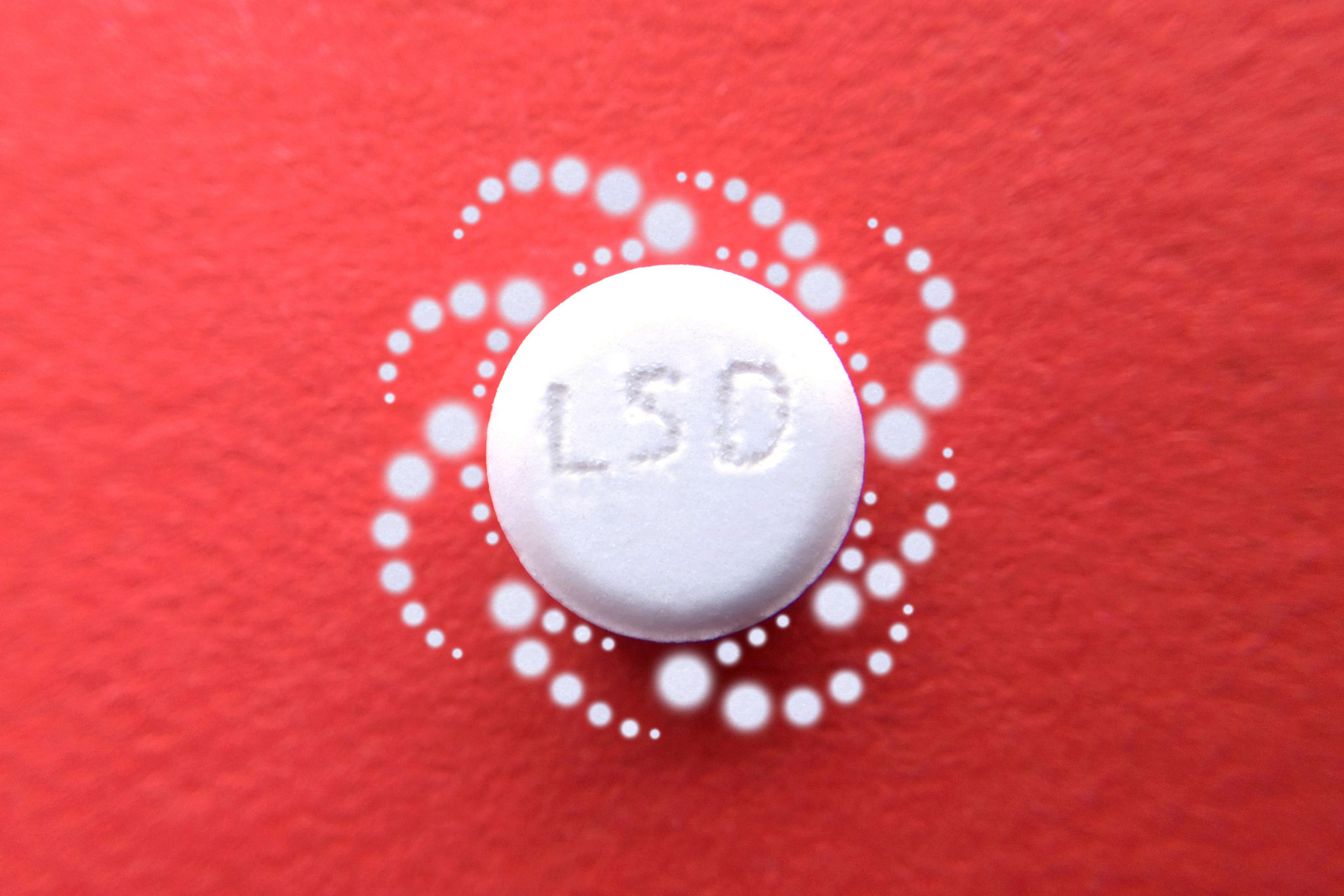
Side Effects and Symptoms Of LSD Use
There are many side effects and symptoms associated with LSD use. Additionally, the side effects you get vary depending on how much acid you take, what other medications you’re on, and other metabolic factors.
That said, here are some of the most common or most concerning side effects and symptoms due to LSD use:
- Amplified senses
- Sense distortions
- Sweating
- Dilated pupils
- Fast heart rate
- Dry mouth
- Nausea
- Insomnia
- Tremors
- Increased body temperature
- Weakness
- Blurred vision
- Hallucinations (usually visual, but not always) [2]
- Synesthesia (when two or more senses get crossed, like seeing sound, smelling color, etc.)
- Euphoria
- Feeling like you have a mystic or magical experience.
When someone takes LSD, they may have a negative experience or feel more out of control than others. This is called a bad trip and can happen to anyone on LSD, even if they have experience with the drug before without any negative effects.
Common symptoms of a bad trip include:
- Anxiety
- Paranoia
- Panic
- Feeling a loss of identity
- Feeling like you don’t exist
- Rapid mood swings
- Aggression
- Self-harm/suicide
In rare cases, people who have experienced a bad trip also reported symptoms of psychosis that didn’t always go away when the LSD wore off.
These symptoms and this kind of reaction to LSD are fairly rare but can be serious and very hard to control at the moment, even if you have other people around attempting to provide help.
Can You Overdose On LSD?
Technically, it is possible to overdose on almost anything, including water, but it is relatively difficult to overdose on LSD.
There is a big difference between an overdose and having a bad trip or a negative experience, which are more common than a true LSD overdose.
That said, just because it is relatively difficult to overdose on LSD [3] doesn’t mean that there is no risk of an overdose or that your risk isn’t potentially higher than other people’s risk while using the drug.
It’s also important to remember that an overdose might be more likely if you’re using LSD in its liquid form, especially if you take more of the drug before its effects kick in or wear off.
Some symptoms that, while not necessarily a sign that you have overdosed on LSD, are serious and mean that you need immediate medical attention. These symptoms include:
- Frequent vomiting
- Diarrhea
- Uncontrollable diarrhea
- Symptoms of psychosis
- High fever (a slight fever is common)
- Unconsciousness
- Seizures
- Difficulty breathing
- Suicidal thoughts or actions.
Remember, some of these symptoms may also indicate an allergic reaction, LSD tainted with something else, or another hallucinogen masquerading as LSD. In any of these cases, immediate medical attention is necessary.
The good news is that most states protect people dealing with a medical emergency because of drug use as long as they seek help. So, you are much better off and safer going to the hospital than trying to wait it out at home.
Can You Get Addicted To LSD
One of the reasons that people try LSD as opposed to other drugs is that they believe they can’t get addicted to LSD.
Like most of the information you can get about drugs on the street, there is some truth to that, but there is also a lot of exaggeration that works to make LSD seem safer than it is.
The truth is that LSD is a non-dependence-forming drug, which means that LSD doesn’t make people have a physical-chemical dependence on that drug after they use it.
Most people develop a high but short-lived tolerance to LSD immediately after use. Therefore, you can’t use LSD as often as other drugs because it simply wouldn’t work if you use it too close together.
That said, people can and do develop a psychological need to use LSD, either as a distraction or as a means of coping with chronic stress and other problems.
Psychological dependence isn’t quite the same as a physical addiction, but it can look and feel like an addiction from the outside.
Various risks come with using LSD that are relatively unique to this drug, other than just the risk of addiction or overdose. So even though the risk of addiction and overdose is relatively low, that doesn’t mean that LSD is safe to use.
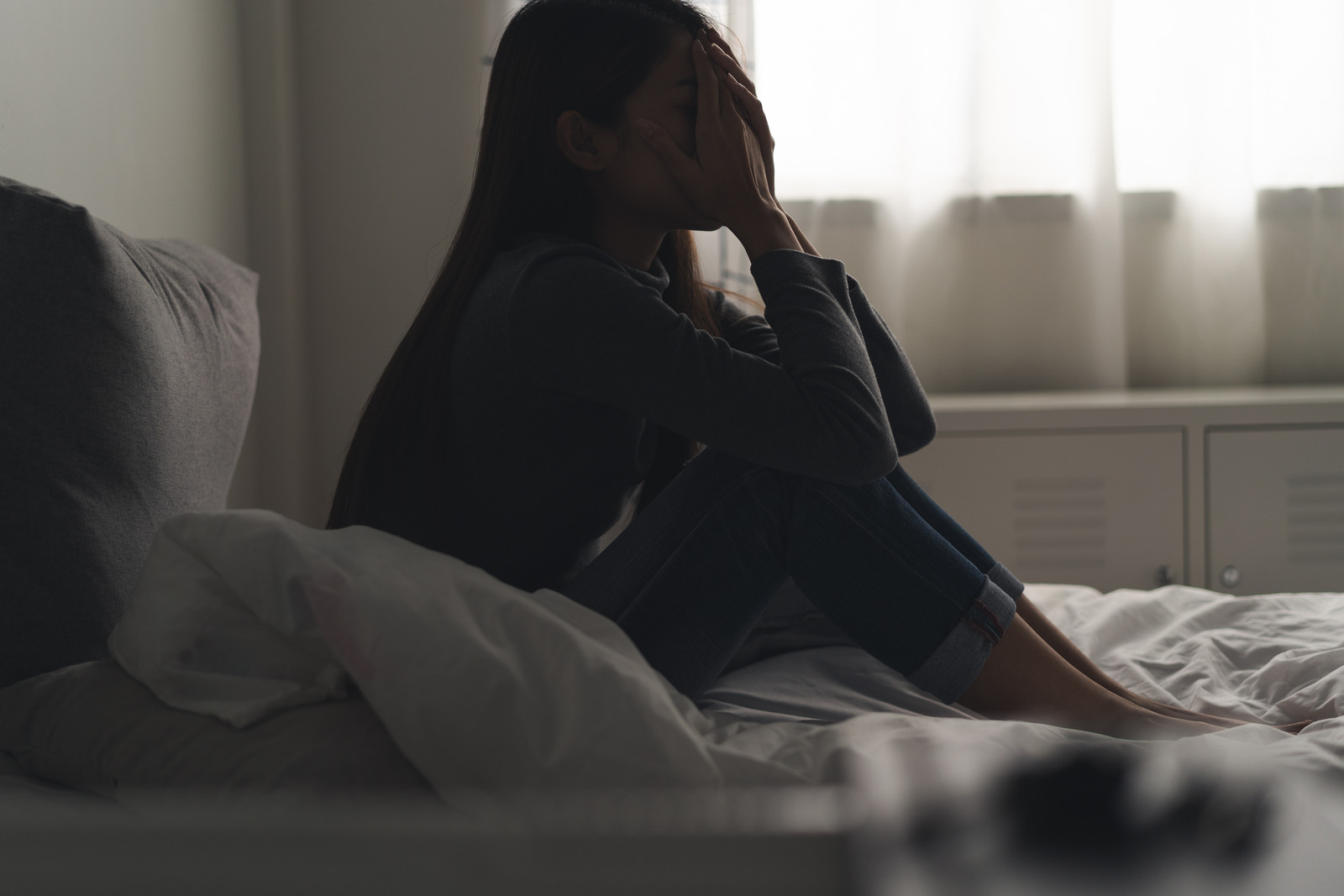
Risks Of Using LSD
There are a few important risks you should be aware of when it comes to LSD use.
For one thing, LSD comes with the same behavioral risks as other drugs. While using LSD, you aren’t in full control of your actions and may also have coordination problems or other issues that make it harder to function normally, including keeping yourself safe.
You might be more likely to engage in risky behavior while on LSD, including things you would never consider while sober. Additionally, it’s also harder to evaluate risk or the potential danger of a situation, which can lead to accidents.
But, one of the most important and unique risks that come with taking LSD is the potential that you will have an LSD flashback later in life.
Flashbacks are when someone who has taken LSD before gets symptoms like they have just taken LSD without actually taking the drug. These flashbacks can happen anytime, even years after you’ve used the drug, and often occur without warning.
We don’t fully understand the cause of LSD flashbacks, making it impossible to predict who will or won’t have them or what the triggers are.
That means once you use LSD, there is an ongoing risk of a flashback, regardless of how long it’s been or even if you only used LSD once.
How To Overcome Chronic LSD Use
While LSD isn’t addictive the way some other drugs can be, that doesn’t mean that you don’t deserve a little extra help stopping using LSD if you want to. There are many reasons why it can be hard to overcome LSD use, or you might want extra support while figuring out why you started using LSD in the first place.
The good news is that residential addiction treatment centers, often called rehab centers, have the experience and knowledge you need to overcome chronic LSD use. We also have therapies and science-backed treatments that can help you identify potential triggers and reasons for drug use to make it easier to stay clean and avoid drug use in the future.
If you’re serious about overcoming LSD use and seeing what life can be like without taking drugs, contact Heights Treatment for more information about our programs and how we can help you.
Sources:
- Drugs.com. (n.d.). LSD. Retrieved from https://www.drugs.com/illicit/lsd.html on 2023, January 13
- Robertson K. Healthline. (2021, August 3). Can you really overdose on lsd?. Retrieved from https://www.healthline.com/health/substance-use/can-you-overdose-on-lsd on 2023, January 13
- Drugs.com. (n.d.). Hallucinations. Retrieved from https://www.drugs.com/cg/hallucinations.html on 2023, January 13
The Heights Treatment Editorial Guidelines
There is a vast amount of misinformation online especially as it relates to health & wellness. We have made it our mission at The Heights Treatment to provide accurate, medically sound content that has been medically reviewed by a doctorate level clinician so that you can trust the information contained within our website.

